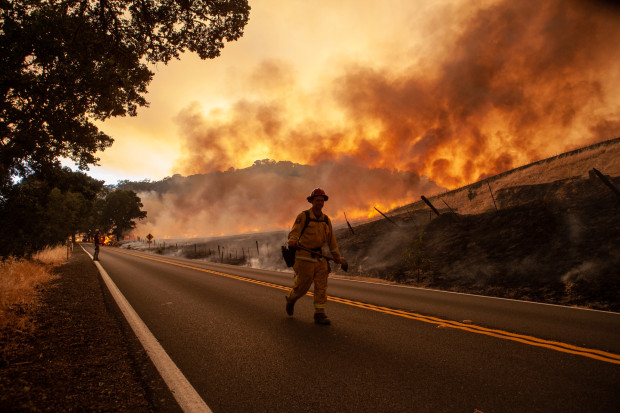Effects of Climate Change on Ecosystem
If climate
change proceeds unabated, then almost every ecosystem on the
earth would alter drastically, accordingly a new paper written by 42 scientists
from the world, it will be turning into an entirely new biome.
They warn that the
progressions of the next 200 years could equal-and may probably exceed-those
seen over the 10,000 years that finished the last Ice age. If humanity does not
stop transmitting ozone depleting substances discharges, greenhouse
gas
productions, the character of the land could transform; Oak forest could become
grassland. Evergreen woods could turn deciduous. What’s more, obviously beaches
would sink into the sea. If carbon discharges continue to grow like this, then
anyone who works with the land could face exceptional challenges.
“Anywhere on the globe,
the more you change climate, the more likely you are to see major ecological
change,” says Stephen Jackson, an author of the report and the director of a
climate-adaptation Center at the U.S. Geological Survey.
Exactly what amount
would vegetation change around the world? Nolan and his partners found a new
relationship between how much temperature rise and how essentially biological
ecosystem change. At the point when this relationship is estimated forward,
they find that Earth’s whole land surface is in excess of 75 per cent probable
to switch over its biome completely.
It’s really very
difficult to state that the scale of change would mean for everyone who do the
work with lands or who depends on the land. “If you’re a wildlife manager and
your ecosystem changes, if you’re a forest manager trying to respond to
wildfires, if you’re a water manager who is responsible for converting rainfall
estimates into reservoir levels,” Jackson warned, “then the old rules are not
necessarily going to apply.”
Future changes perhaps
more drastically than those predicted by the abstract. That’s because the
changes in climate in the past- and the end period of the last Ice Age- cannot
tell us everything about our future. “It’s a very, very crude analogue,”
Jackson told me. “The future will not be like the past. Going into a greenhouse
world will not be the same—is not the same—as going from the glacial world to
the pre-industrial world.”
Dorothy Peteet, a
senior research scientist at Nasa, told that “the wild cards” of modern climate
change made it hard to know the shape of that future vegetation change. “The
nonlinearity of drought and rainfall,” as well as extensive wildfires or
floods, “may affect vegetation greatly,”
“These are notable
effects of climate warming we are seeing today ... and they will probably be
much more exacerbated in the future,” she added.



That the occurrence of fires and deforestation will lead to a difference in the percentage of oxygen and carbon dioxide in the atmosphere and their impact on humans agricultural crops and wind trends, which need to be balanced now ...
ReplyDeleteStrongly agreed with this statement...
Delete